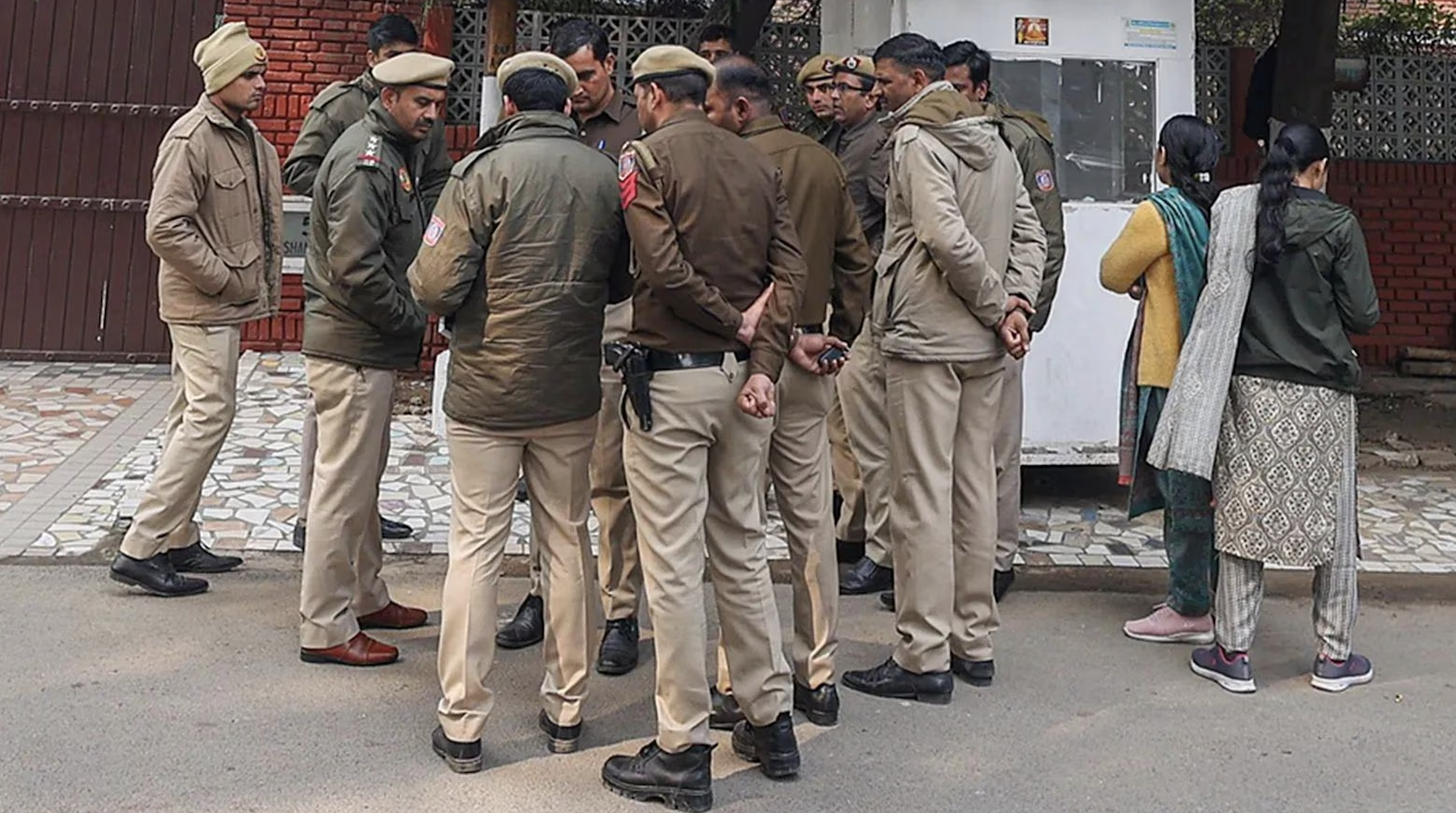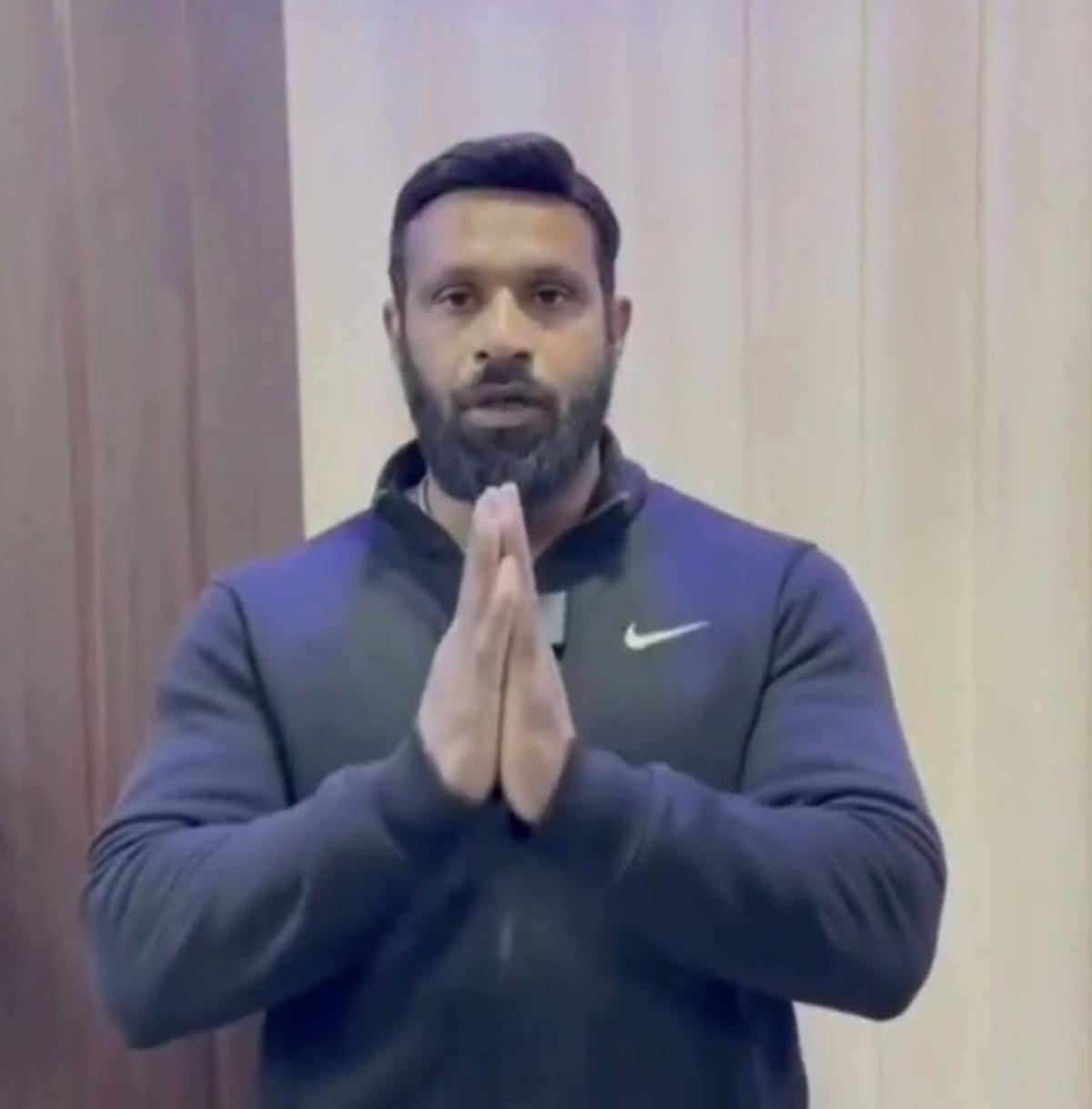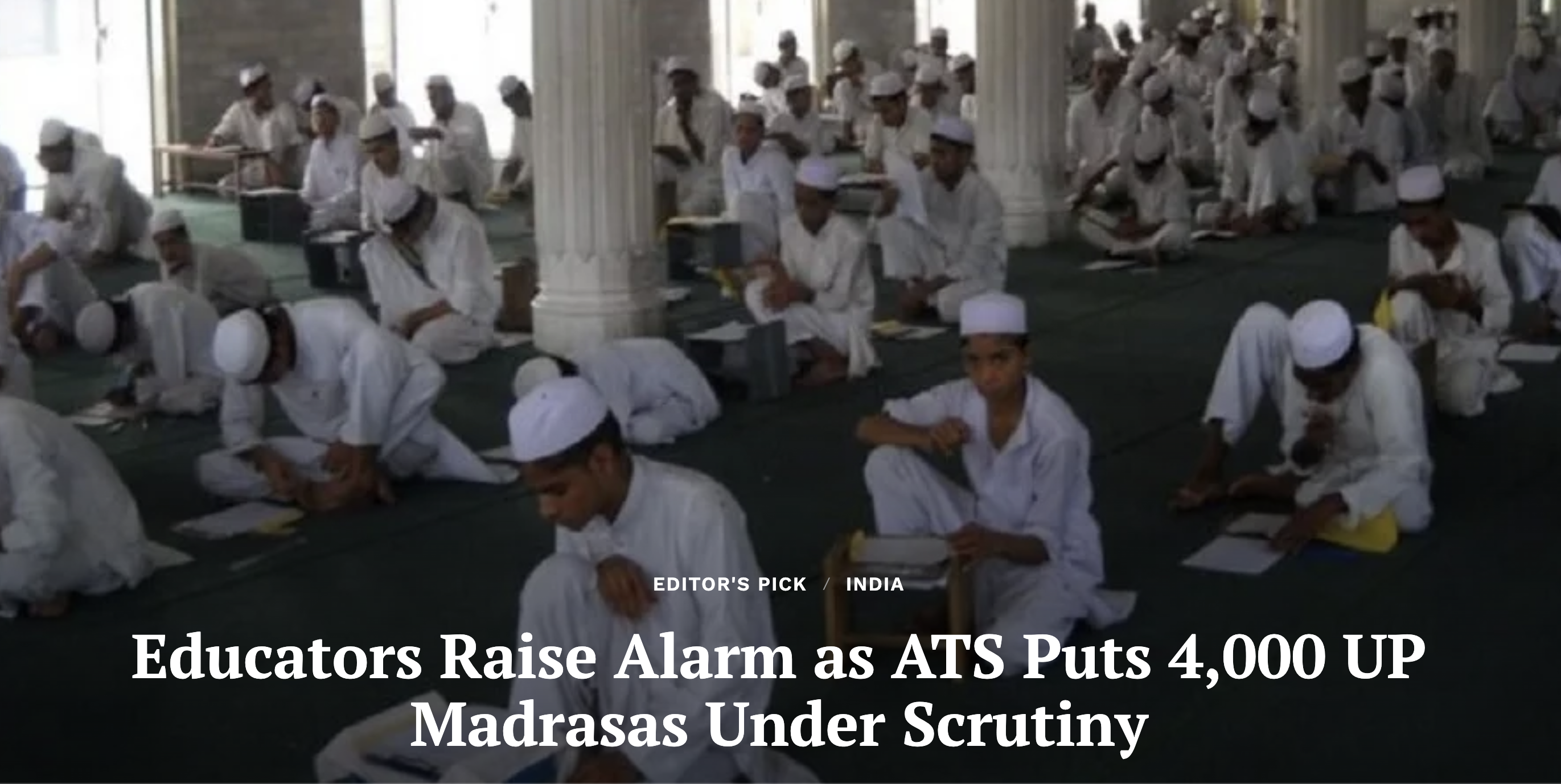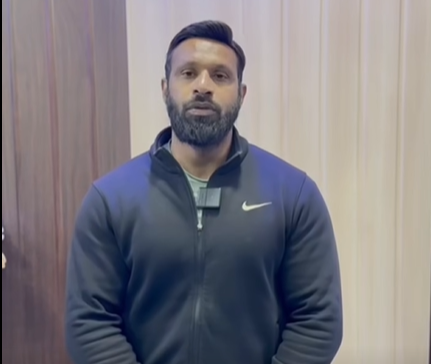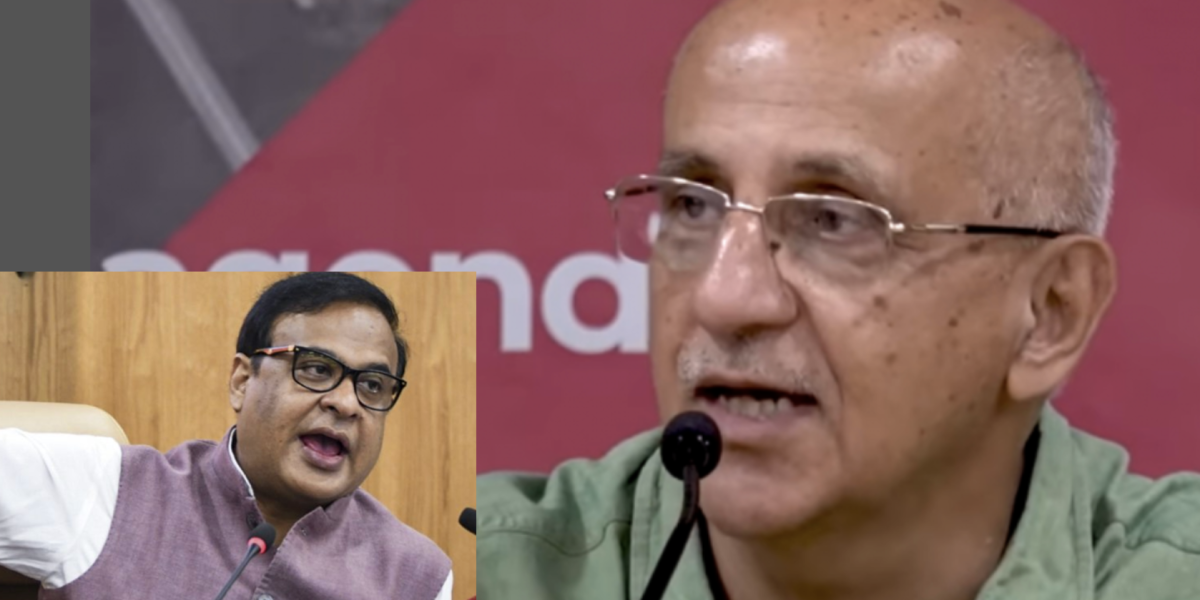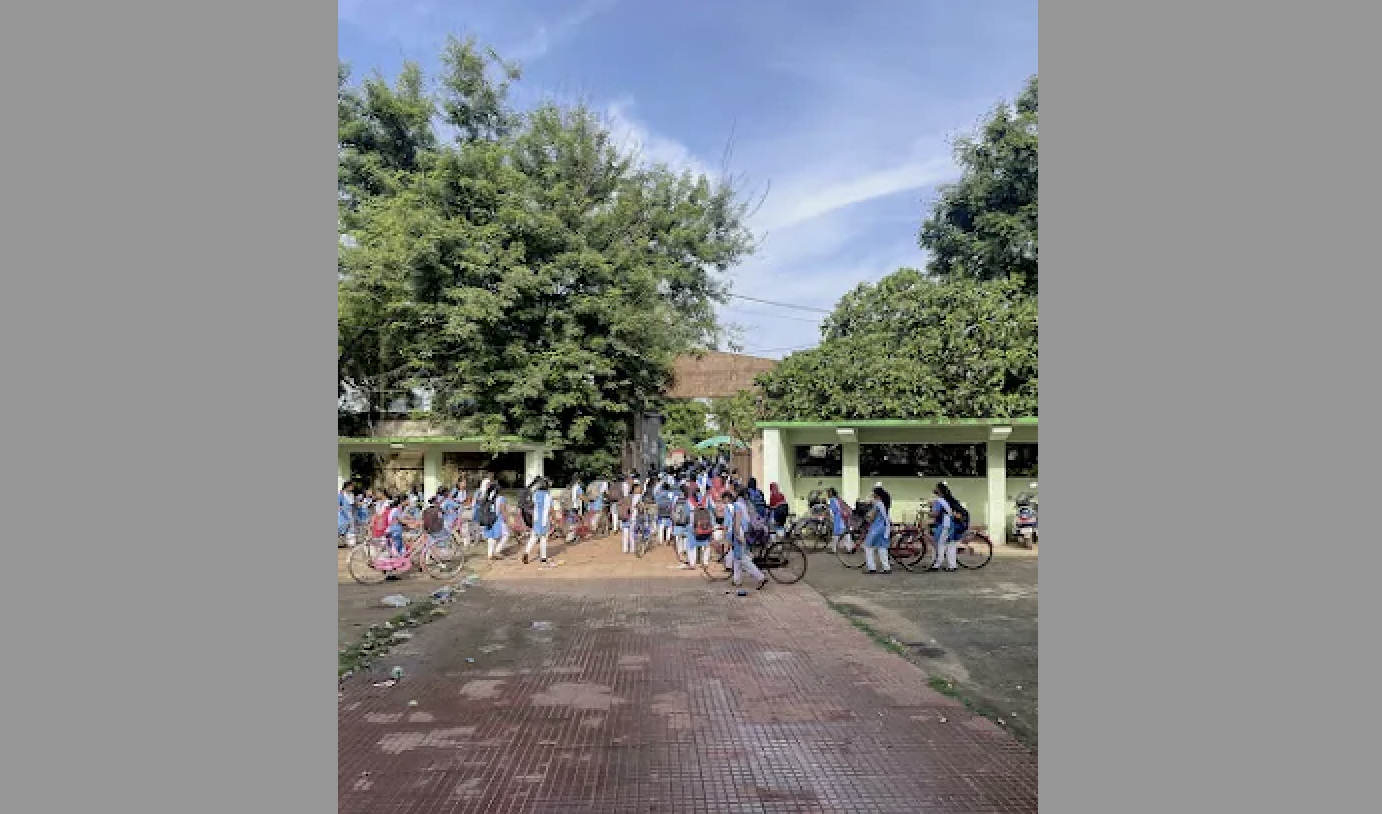
ROZA IS THE ELDER of two sisters in a large joint family living in eastern Odisha’s Khordha district. The 14-year-old studies in one of the senior grades at the local government high school for girls and dreams of becoming a police officer. Roza is what her parents call her—a beloved nickname that is part of a family tradition where all girls receive rhyming nicknames—but she dislikes it because it sounds Muslim, something that fills her with shame. Her panchayat has a minuscule population of Muslims: merely 3.13 percent of nearly thirteen thousand residents.
Her father runs a general store beside his elder brother’s pharmacy. Work in her village is generally divided on caste lines—some are carpenters, while others work with metals such as brass. Some are daily-wage labourers, others work in private companies. “Because we are a middle-class family, we are able to get along well at the beginning of the month, but by the end, there is some tension. But Papa manages everything,” Roza told me, her voice brimming with admiration and pride for her father. Her stay-at-home mother, a frail woman almost half her daughter’s size, hopes to start her own tailoring business one day. “They let me do whatever I want to,” Roza boasted. “I have no restrictions at home.”
In 2020, after her school went online during the COVID-19 lockdown, her father bought a smartphone for her mother so that Roza—who never had access to his phone—could keep up with her education. Even though Roza got to use her mother’s phone for two hours a day, she could feel the whole world at her fingertips. She immediately took to YouTube. Television was of little interest. “But, on YouTube,” she said, “you can see history and the real news—which is not even shown on TV.” She watched videos that the algorithm recommended to her. These included short clips on historical and Hindu mythical figures, Muslim practices and beliefs, the successes of the current government and the failures of past ones.
This story was originally published in caravanmagazine.in. Read the full story here.


